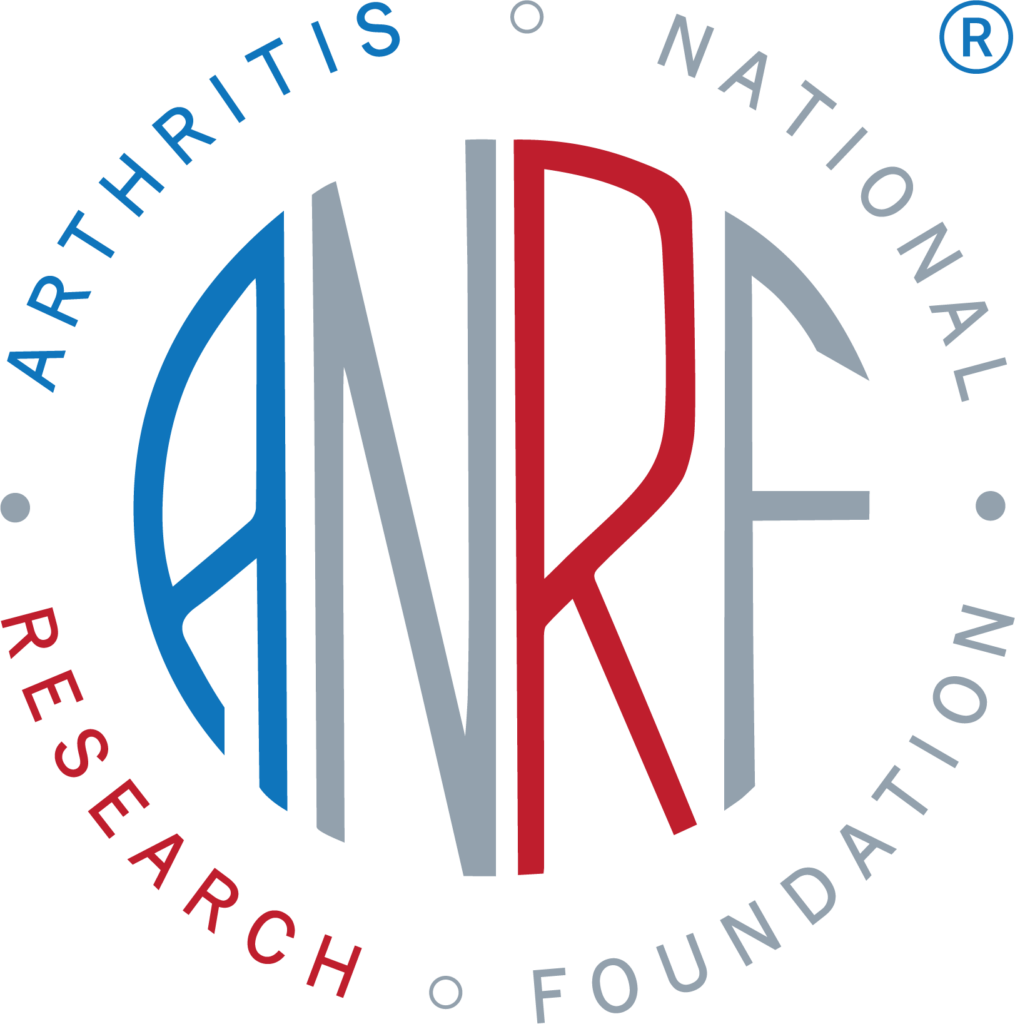 Dr. Charles Chan is an Assistant Professor at Stanford in the Department of Surgery, Division of Plastic and Reconstructive Surgery, with co- appointments in the Immunology Program and the Stem Cell Institute. Dr Chan has always been fascinated by the process of aging both as a biological phenomenon as well as the association with highly prevalent diseases such as cancer and cardiovascular disorders. After the now famous cloning of Dolly the sheep, Dr Chan realized that cloning could have therapeutic applications and could therefore mean molecular rejuvenation, essentially reversing aging.
Dr. Charles Chan is an Assistant Professor at Stanford in the Department of Surgery, Division of Plastic and Reconstructive Surgery, with co- appointments in the Immunology Program and the Stem Cell Institute. Dr Chan has always been fascinated by the process of aging both as a biological phenomenon as well as the association with highly prevalent diseases such as cancer and cardiovascular disorders. After the now famous cloning of Dolly the sheep, Dr Chan realized that cloning could have therapeutic applications and could therefore mean molecular rejuvenation, essentially reversing aging.
Stem cells are cells that are capable of differentiating into numerous different types of cells, making them a great potential resource to address aging. This young researcher is studying skeletal aging from the perspective of its regenerative stem cells. Recently their data suggested that it is in fact possible to reverse cartilage degeneration by activating skeletal stem cells. By stimulating the cells surgically, as well as providing essential factors, the resting stem cells can be directed to differentiate into cartilage. Dr Chan applies state of the art techniques to characterize the molecular changes that tissue specific stem cells undergo with age, in hopes of finding new ways to rejuvenate tissues by revitalizing and directing their stem cells. This could offer innumerable new ways to treat diseases such as osteoarthritis in which aging plays a significant role.
With the first year of support from the ANRF, Dr Chan has now shown that the frequency of skeletal stem cells (SSC) in limb joints progressively decreases in both mice and humans, corresponding to diminishing chondrogenesis (the process by which cartilage is formed from condensed mesenchyme tissue) in mature adult tissue. However, their data also showed that a localized injury response triggered by microfracture (MF) surgery could induce a local expansion of SSC in the chondral surface of adult limb joints. Co-delivery of BMP2 and VEGF inhibitors in a chemical hydrogel to the MF sites can drive the differentiation of MF-activated SSC towards generation of chondrocytic hyaline cartilage. This regenerated cartilage is stable and the same combination of BMP2 and VEGF inhibitors can also induce cartilage formation in xenografted human limb tissue.
The additional funding provided as a second year ANRF scholar allows Dr Chan and his team to test this approach in a larger animal model (rabbit model) to show that following MF, there is a therapeutic window to skew MF-activated SSC fate towards robust formation of new cartilage for resurfacing of osteoarthritic joints. They also aim to test different types of 3D printed scaffolds to deliver the factors. These findings could provide a new stem cell paradigm for regenerating hyaline cartilage that is validated in both mouse and human tissues.
“I am deeply grateful for the generous support of the American Federation for Aging Research and the Arthritis National Research Foundation, in granting me this prestigious award. It will greatly enable our young group’s efforts to build on our very promising studies on regenerating cartilage to reverse osteoarthritis. At the same time, it gives me a critical boost at an early stage as an assistant professor and scientist dedicated to the understanding and hopefully reversal of stem cell aging.”





